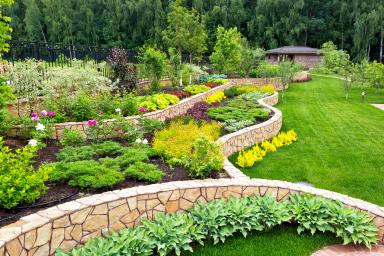Aging in Place: Creating a Senior-Friendly Garden
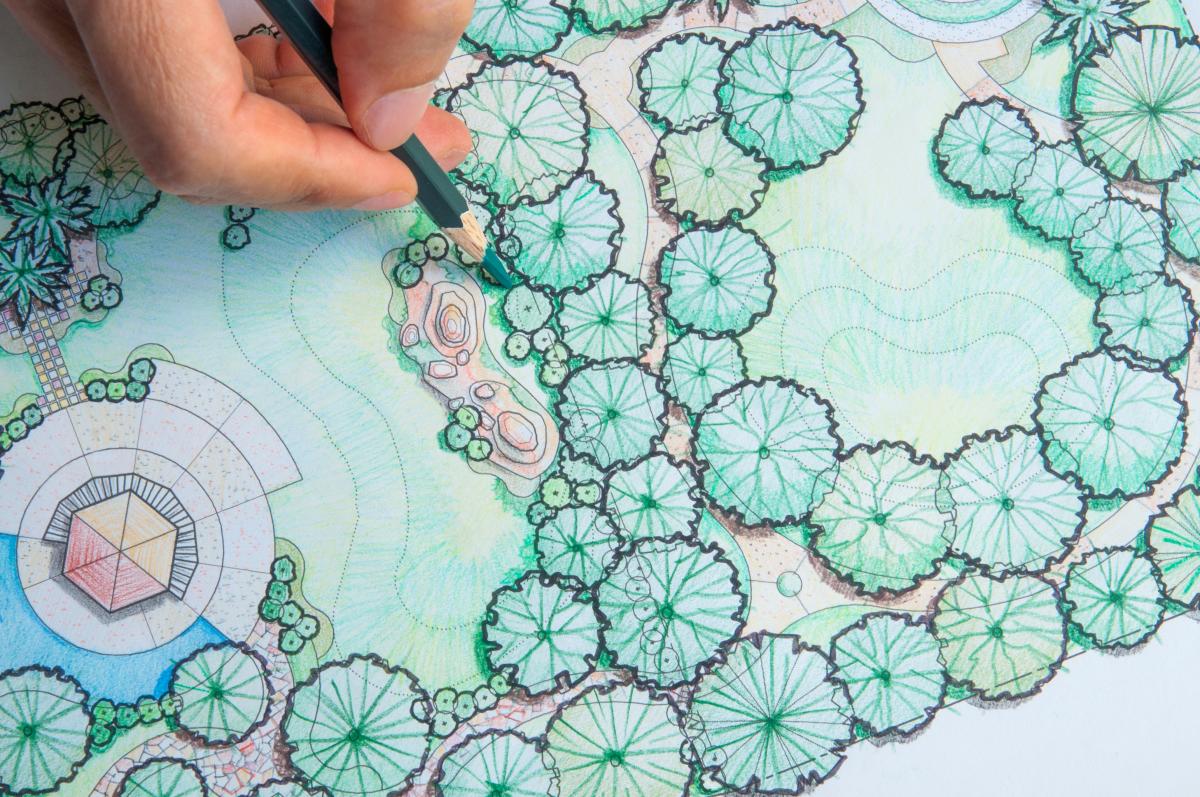
“The glory of gardening: hands in the dirt, head in the sun, heart with nature. To nurture a garden is to feed not just the body, but the soul,” said Alfred Austin in his book, Growing with the Seasons. And for people of all ages, gardening is an excellent way to get some exercise, feel the sun on your face, and relax without the pressures of the world beating down on you. Planting fruits and vegetables, creating flower beds, and sitting back to enjoy the fruits of your labor truly does feed your body, mind, and soul.
When bodies age, however, bending over to weed and water can take more of a toll. The benefits of gardening far outweigh the risks, however, especially if you take a few safety measures.
Harvesting the Benefits of a Garden as You Age
Although you may be concerned about the natural slowdowns of aging, the stiffening of joints, and the trouble with eyesight and balance, there is no reason that you need to stop gardening. In fact, you need the benefits of gardening now more than ever, especially the benefits of the regular exercise and fresh air. There are many easy tweaks that you can implement to make your garden more accessible to you or a senior loved one as you navigate new stages of life.
Plan How to Plant
The first thing you should consider is the structure of the garden itself. Widening your paths to at least four feet in width will accommodate a walker or wheelchair if needed. You might also employ the use of a ramp. Use fine gravel or pavers rather than chunky ground coverings to ensure that your garden remains easy to navigate. Additional garden upgrades that can keep you safer as you age:
Adding solar lighting along pathways to help with visibility in the evenings
Installing an irrigation system to keep your crops watered without taking a physical toll
Adding seating in the shade to get you off your feet
Decreasing the width of flower beds to keep everything within easy reach
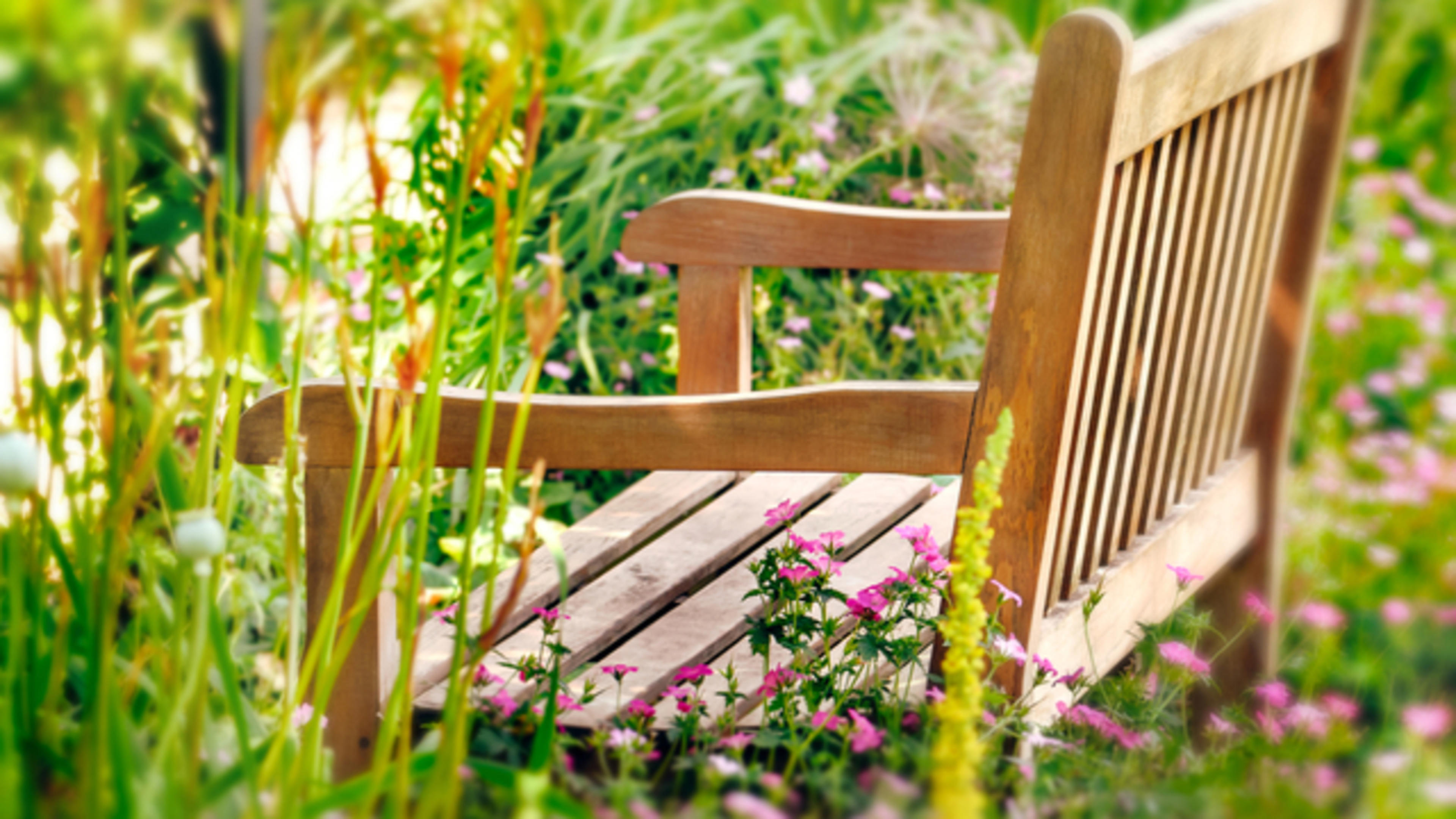
Adding a seat to your garden can give you the rest you need while also offering a place to overlook and enjoy the fruits of your labor.
Grow Native, Low-Maintenance Plants
When deciding what to plant in your garden, choosing low-maintenance plants that are native to your region will not only make your garden more prolific, but it will also make it easier to maintain. The easier a plant is to maintain, the easier it will be for you to keep up with it. Flowers like irises, roses, banksias, and magnolias will add beauty to your garden without requiring too much labor.
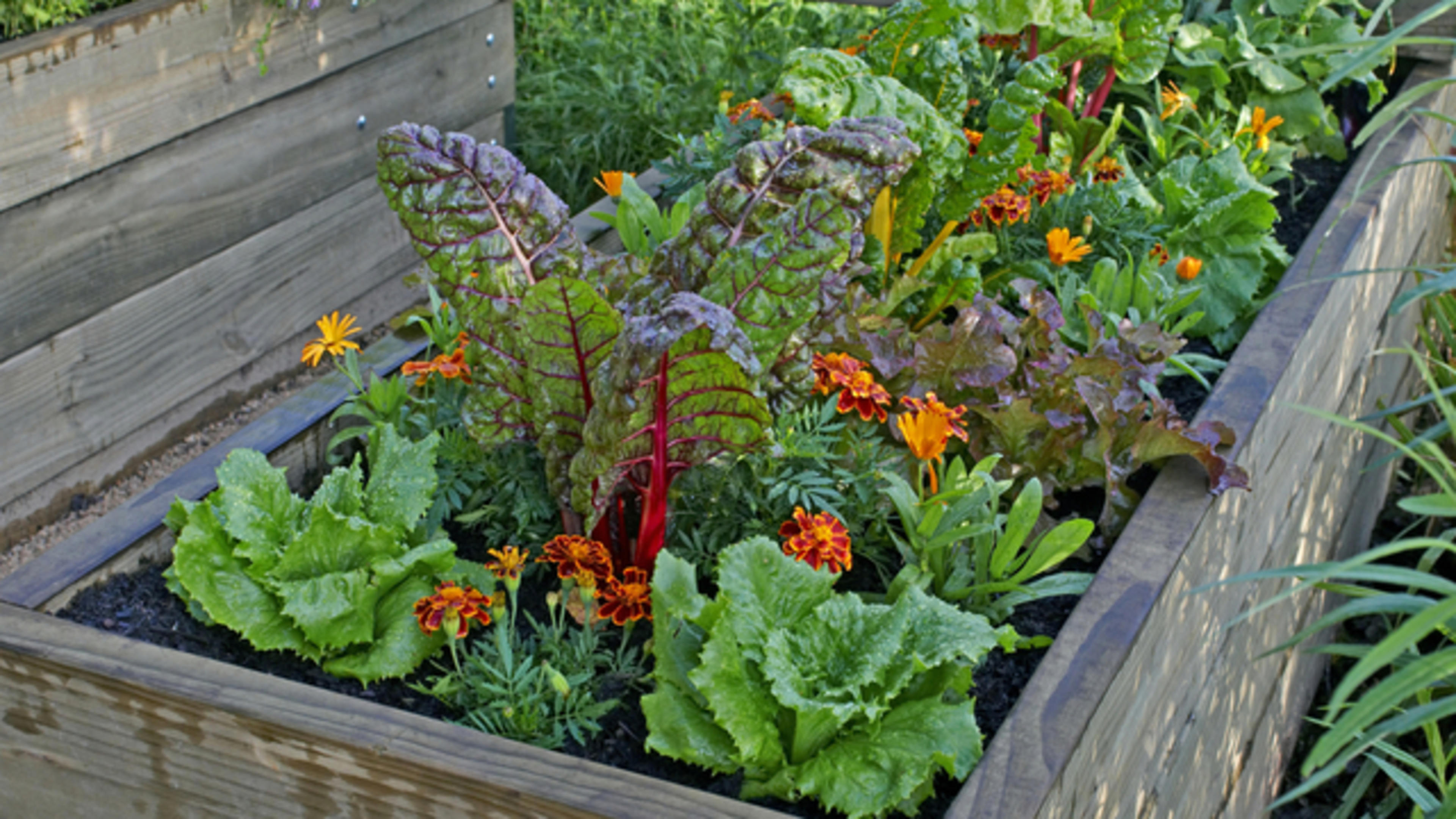
Plant native vegetables and flowers together in a raised bed to enjoy the beauty and nutritional value that a garden can offer.
Vegetables that already grow in your area will result in a higher yield without a lot of hassle. Thinking about what you plant beforehand will allow you to make the most of your time and energy in the garden.
Choose Creative Methods
There are several planting techniques that are both inspiring and easy on your joints. Even if you aren’t aging, the three techniques below allow for innovation in gardening and make your time in the garden more enjoyable.
Raise the Beds
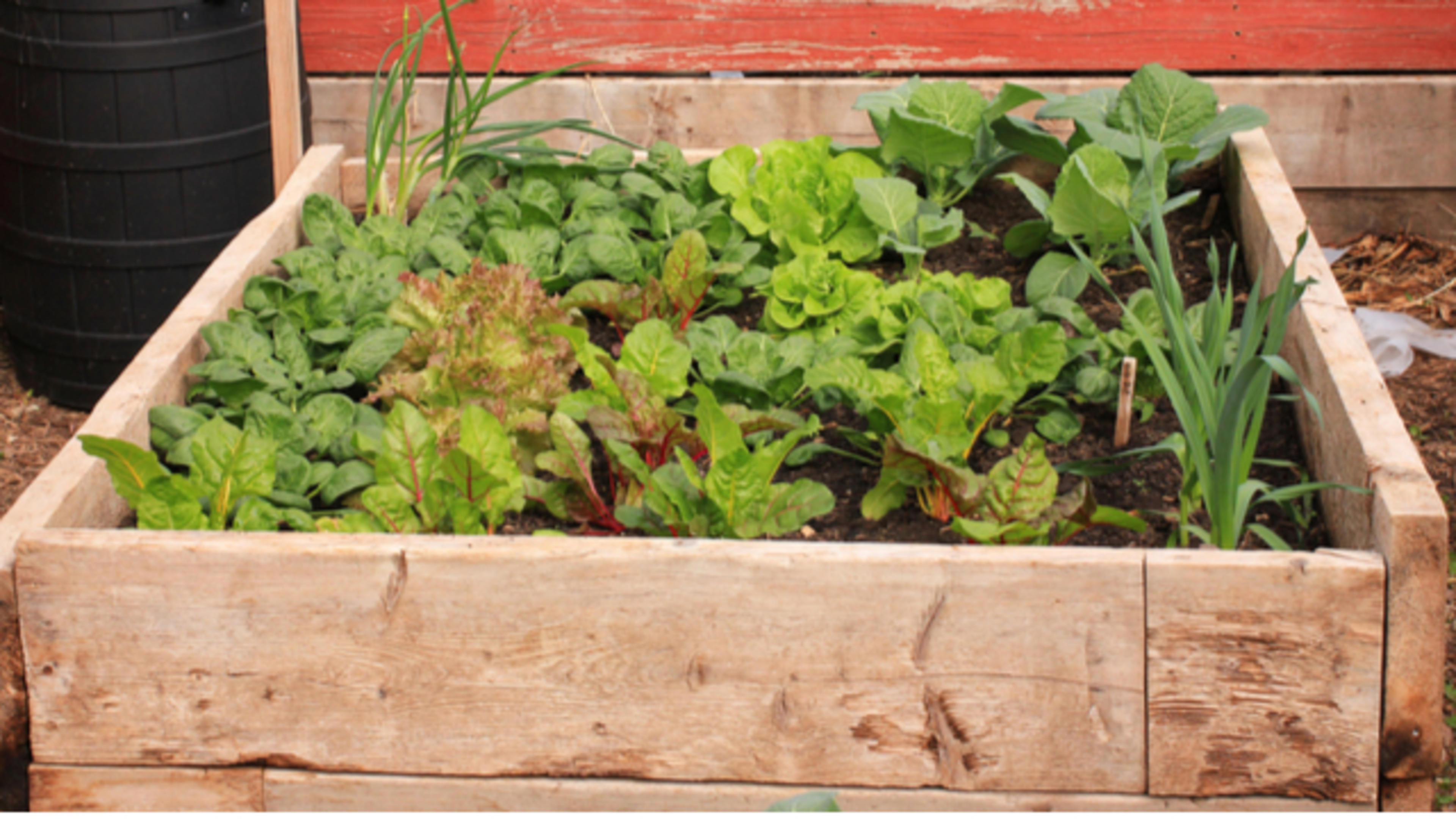
By raising your flower beds, you can plant and harvest without as much bending, which will certainly be easier on your back, joints, and balance. Make sure to use a bed that isn’t too wide so you can reach all sides without straining.
Try Trellis Gardening
Trellis gardening is a creative, eye-catching technique that involves allowing your viney plants to grow up onto a wooden or metal trellis, making them much easier to prune or harvest. And without all of the soil-borne pests, this method often results in a more fruitful yield. Beans, peas, cucumbers, and squash all grow well on a trellis system.
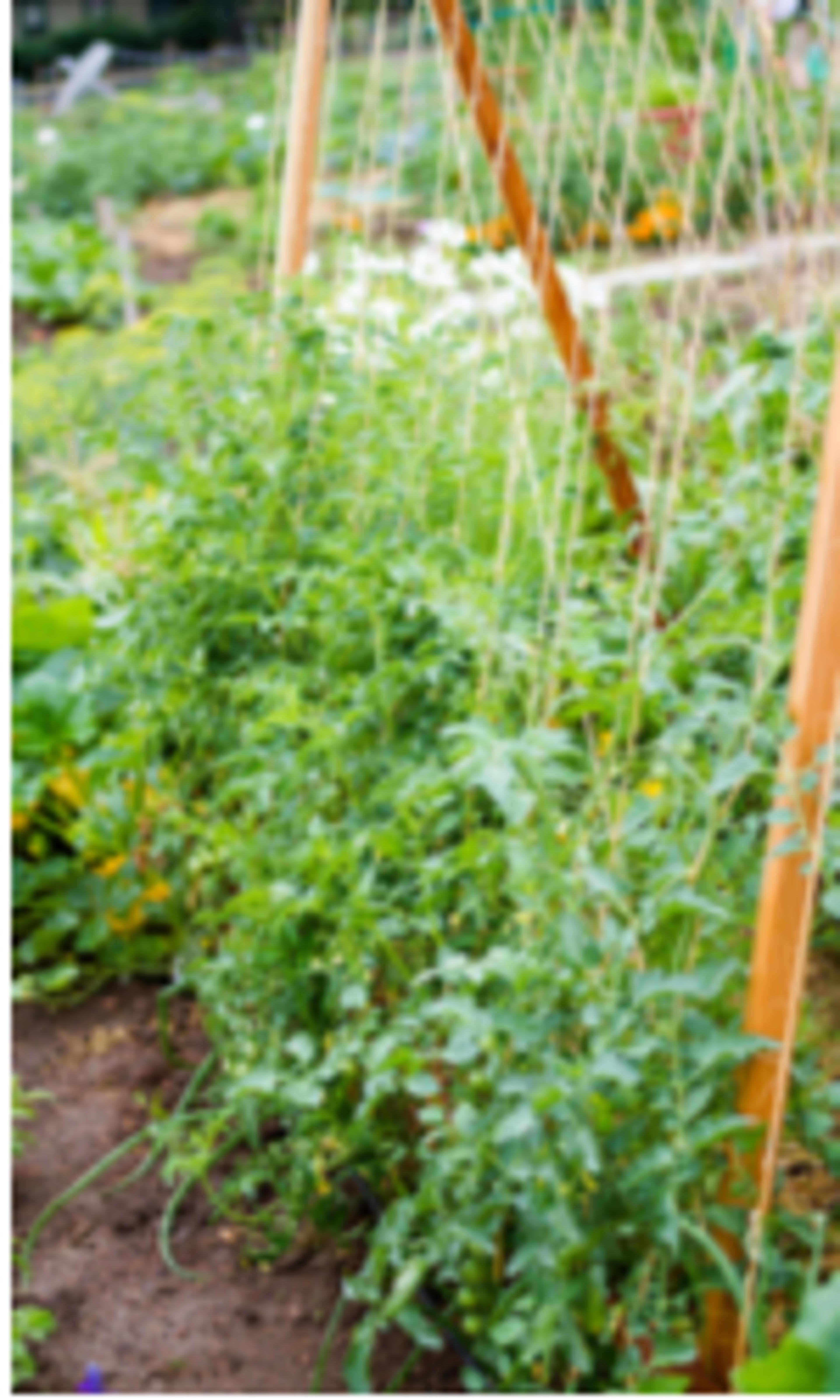
Allowing plants like beans and peas to grow on a trellis saves space, beautifies your garden, and alleviates the need to kneel.
Container Gardening
Planting each plant (or two) in its own container is a great way to keep things simple while you continue gardening. Your containers can be placed on a patio or even inside if mobility is an issue. Focusing on one plant at a time is a great way to garden without getting overwhelmed or overworked.
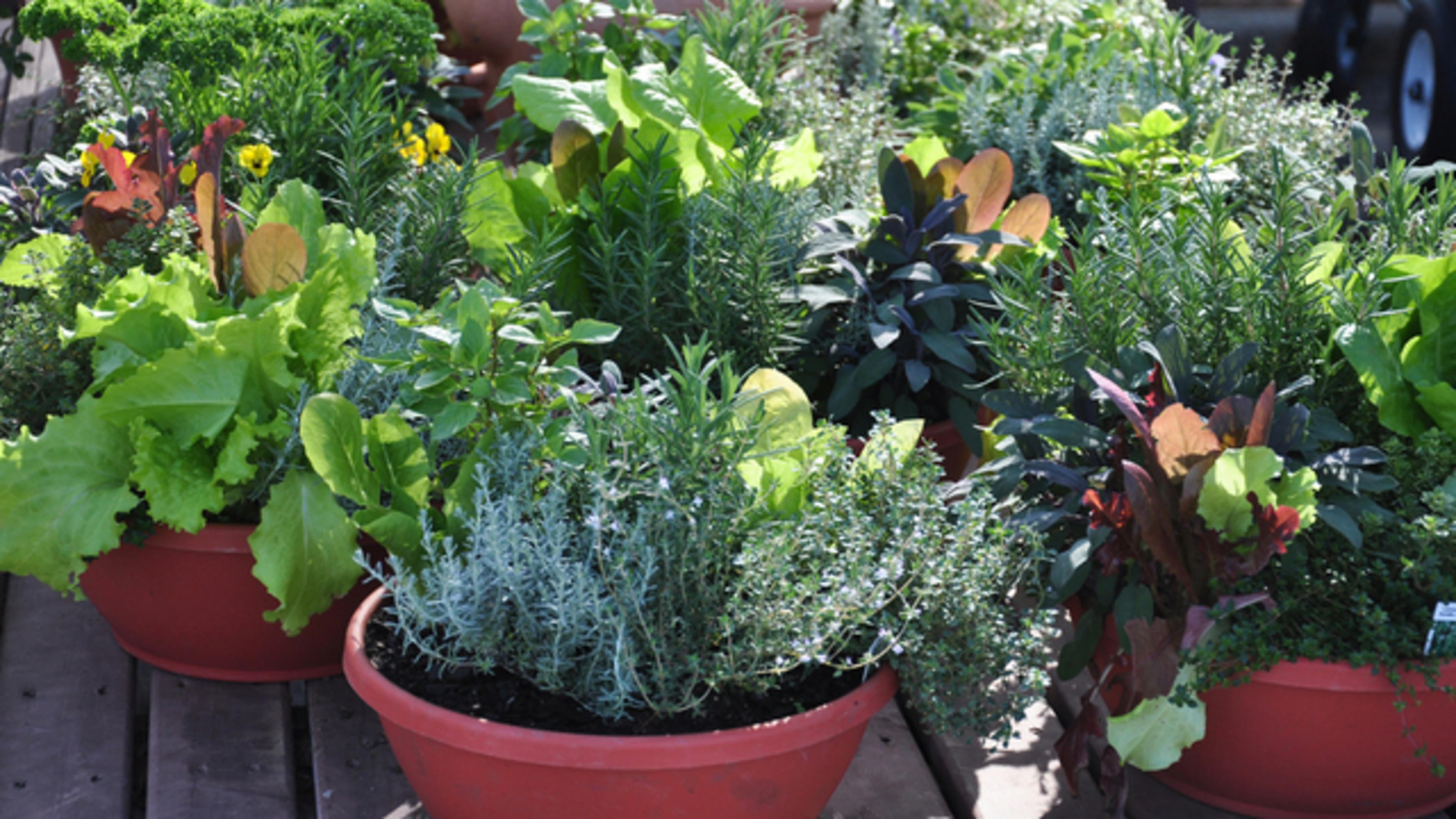
Growing herbs and other plants in containers makes your garden more flexible and accessible while alleviating the need for walking on uneven ground.
Employ Helpful Gadgets
As you age, it gets more difficult to bend to weed, and you might lose some strength in your grip for pruning and planting. And while these natural realities might slow you down a bit, they are certainly not dealbreakers.
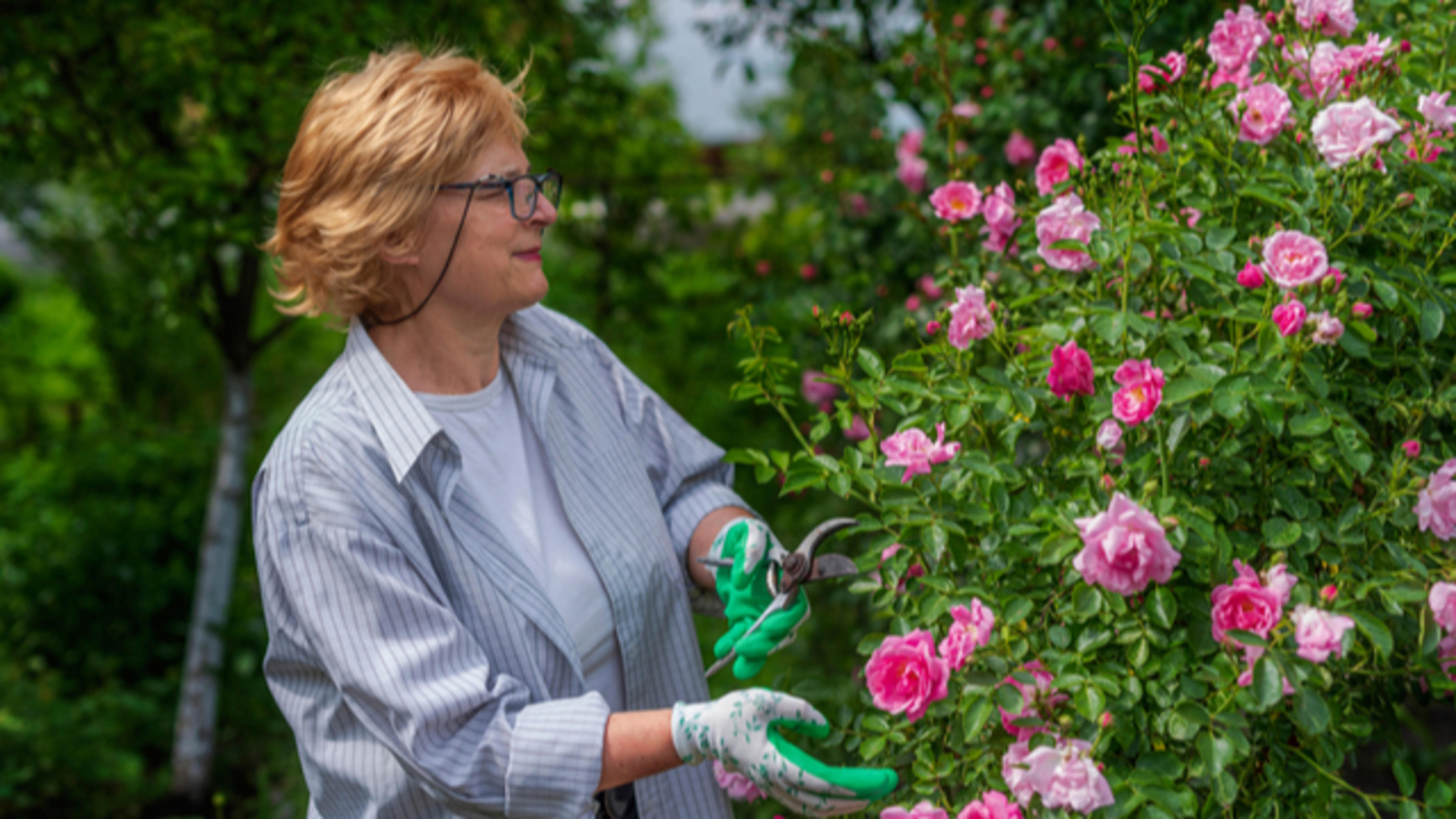
Using high quality pruners places the brunt of the work in the tools rather than your wrists and hands.
There are several little changes you can make will bring big results for your gardening experience, including:
Investing in quality pruners that are easier to use for arthritic hands
Trying a kneeler stool with handles that aid in standing up
Keeping your tools and gardening accoutrements close at hand in a wheeled garden caddy
Utilizing lightweight tools and wrapping them in foam for a better grip
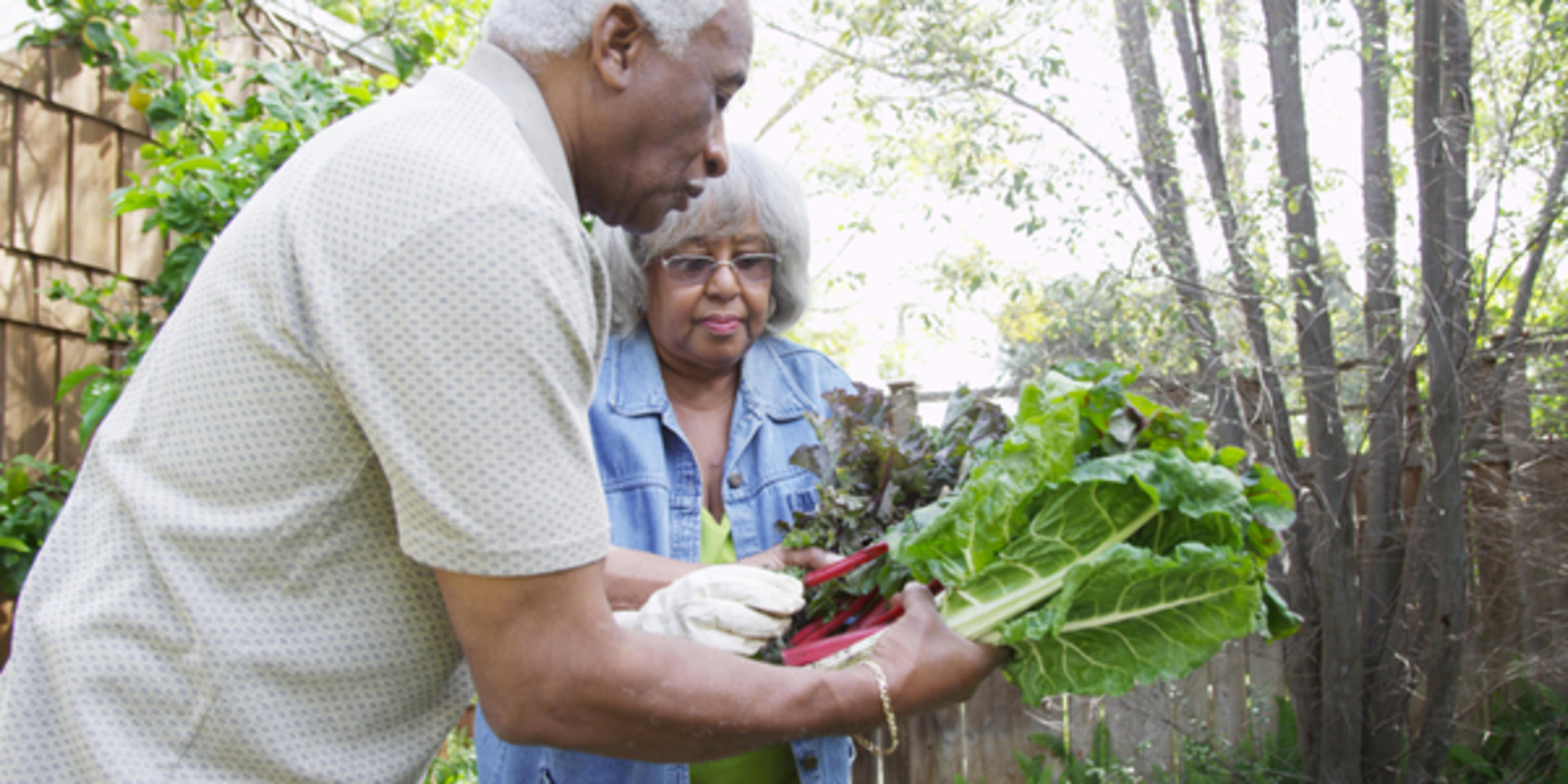
Wearing gloves as you garden will protect your hands and help you to grip the lightweight tools more easily.
Get Help For Laborious Tasks
The best part of gardening is finding out what parts you really enjoy and outsourcing the parts you find tedious. There is no reason you should have to handle all of the responsibilities of your garden alone.
Find a neighbor, family member, or professional to cut the lawn, take care of edging, and till the soil for you. Getting help with spring cleanups can also save you time and energy while you enjoy the planting and designing aspects of your garden.
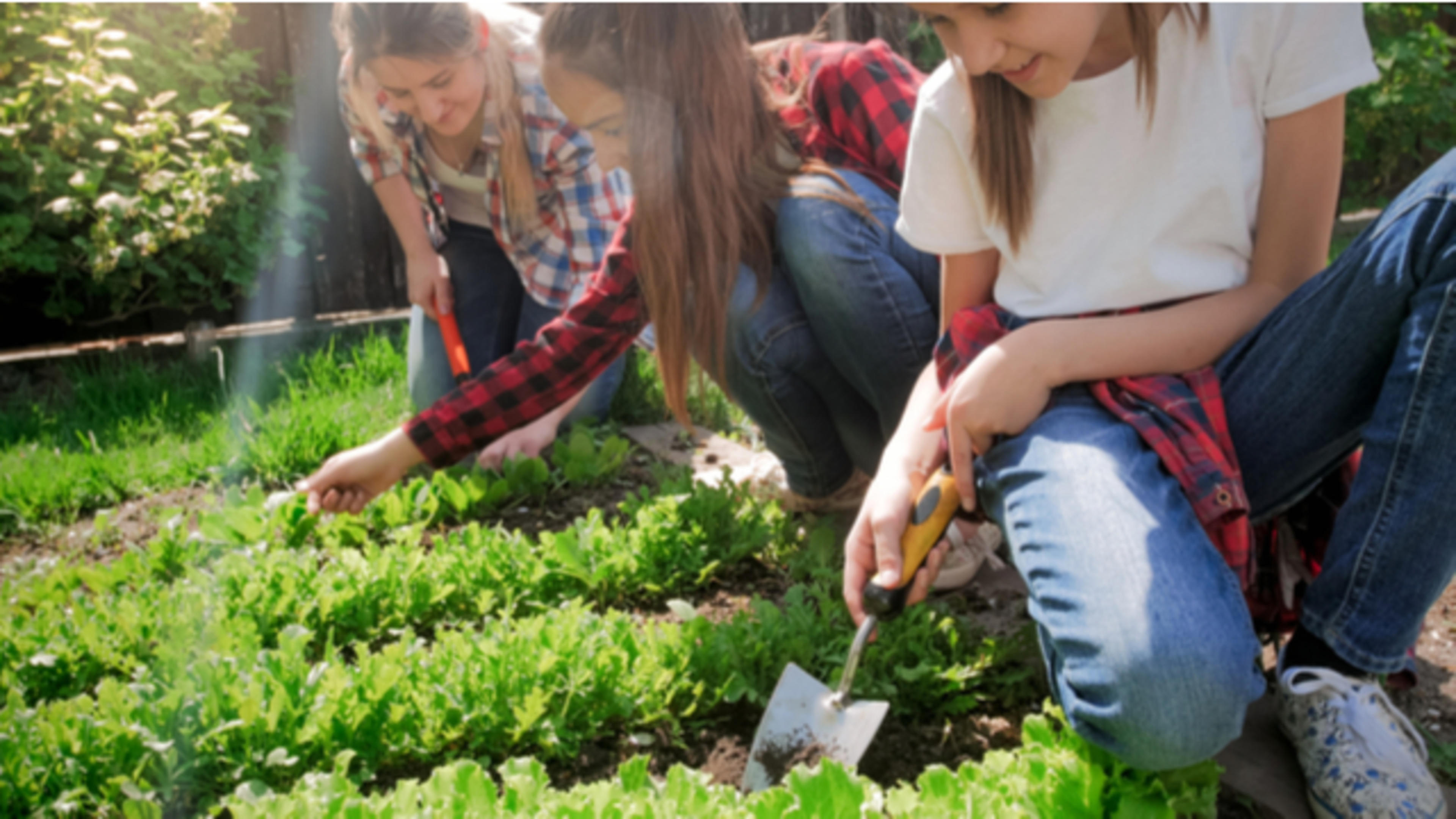
Enlist the help of family members and neighbors to do the heavy weeding so that you can enjoy the fun parts of gardening.
The same goes for the fall. When the final harvesting is done, get some younger muscles to help you with the tear-down process. By outsourcing the labor to a neighbor, relative, or professional, you will be able to enjoy the benefits of a beautiful garden without all of the associated aches and pains.
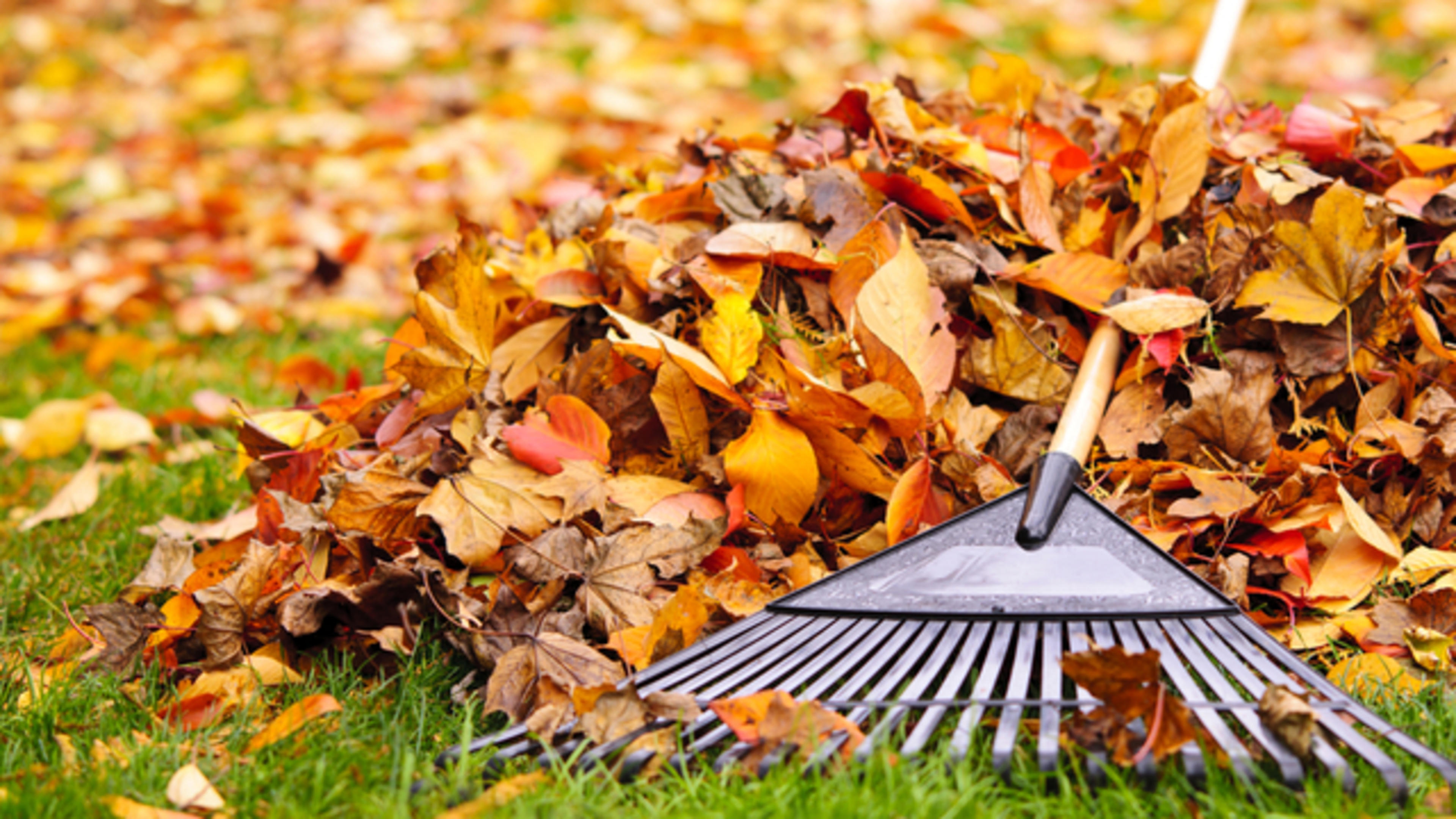
Fall cleanups become more difficult as you age, so get assistance from helpful friends and family to make sure your garden is ready to roll in the spring.
Tend to These Tips
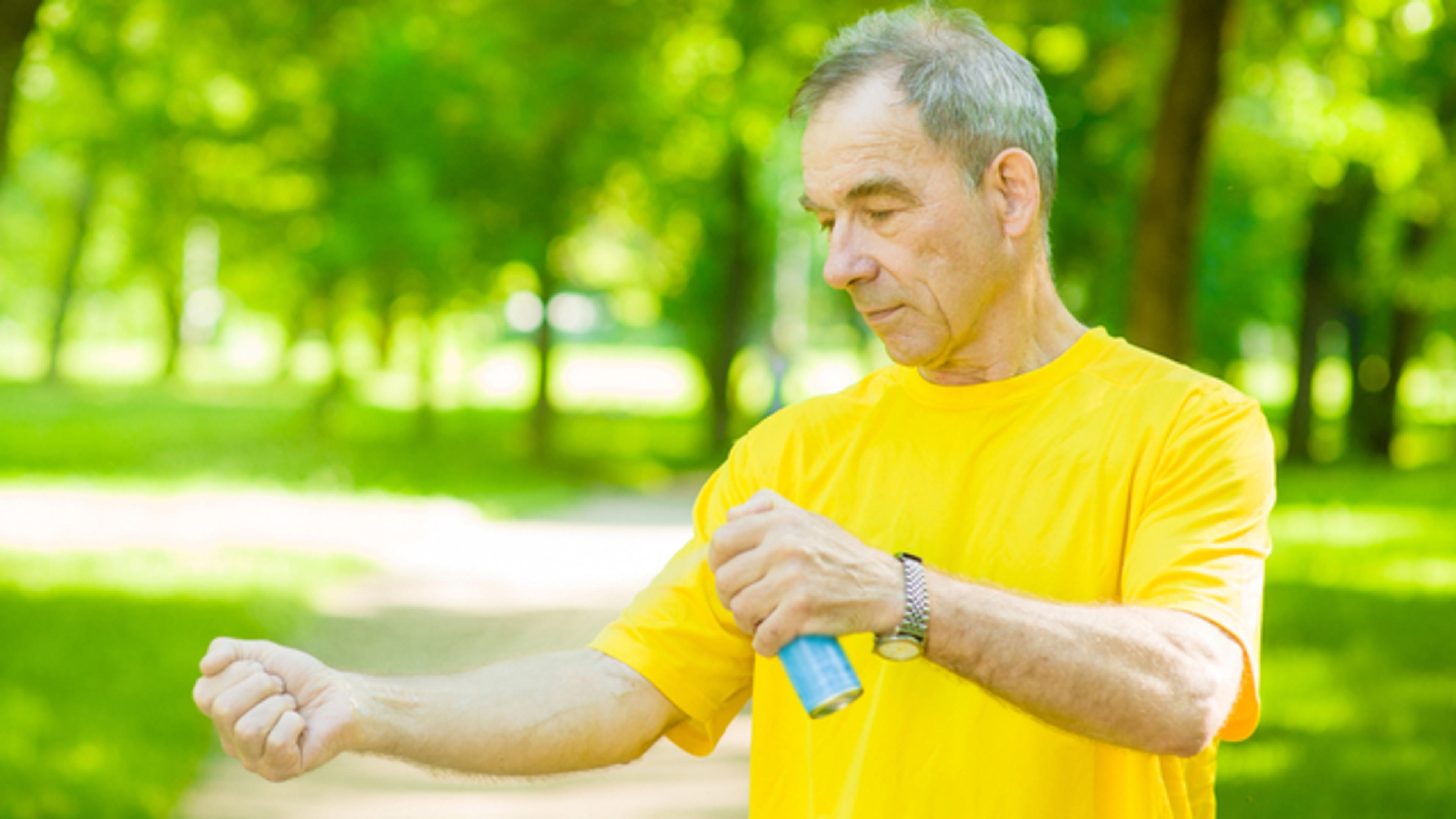
As you age, safety tips become more important to heed to keep gardening safe and enjoyable. When you go out to the garden, make sure to wear sunscreen and bug spray to avoid sunburns and bug bites.
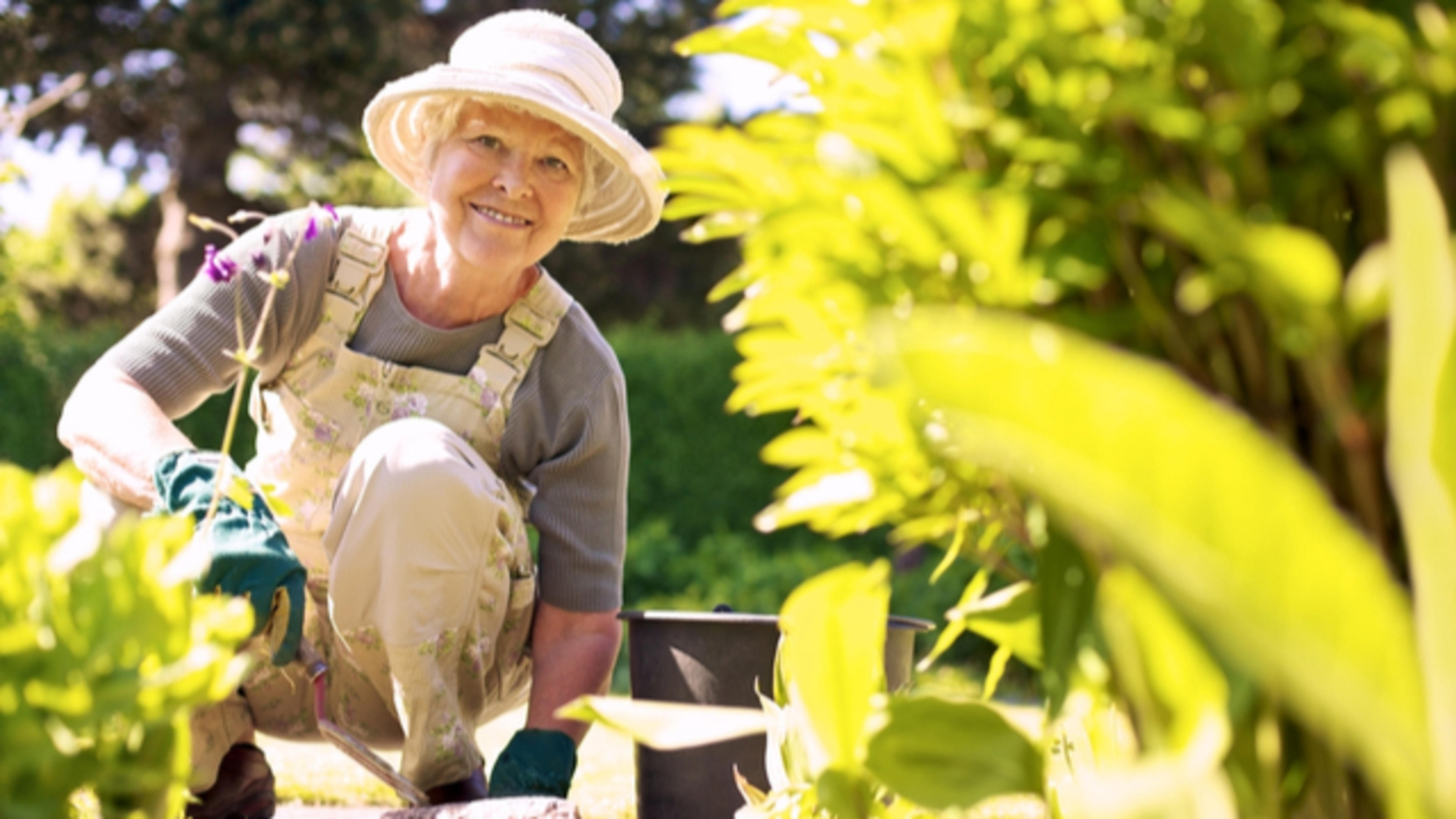
Also, make sure to drink plenty of water, as seniors are especially prone to dehydration. Wearing a hat will also keep the sun off your face and keep you healthier. Finally, gardening in early morning or late afternoons/evenings will keep you safer and out of the heat of the day. With these tips in mind, you can avoid some of the common pitfalls that make gardening more difficult for seniors.
Bask in the Benefits
Spending time outdoors, especially with your hands in the dirt, offers many benefits. Seniors in particular can benefit from the exercise, fresh air, and connection and caretaking aspects of gardening. The Centers for Disease Control and Prevention (CDC) recognizes gardening as a “multicomponent physical activity that includes aerobic, muscle-strengthening, and balance training elements and counts toward weekly exercise recommendations.” For seniors, gardening provides the right amount of exercise while also offering a tangible incentive to get outside and enjoy nature.
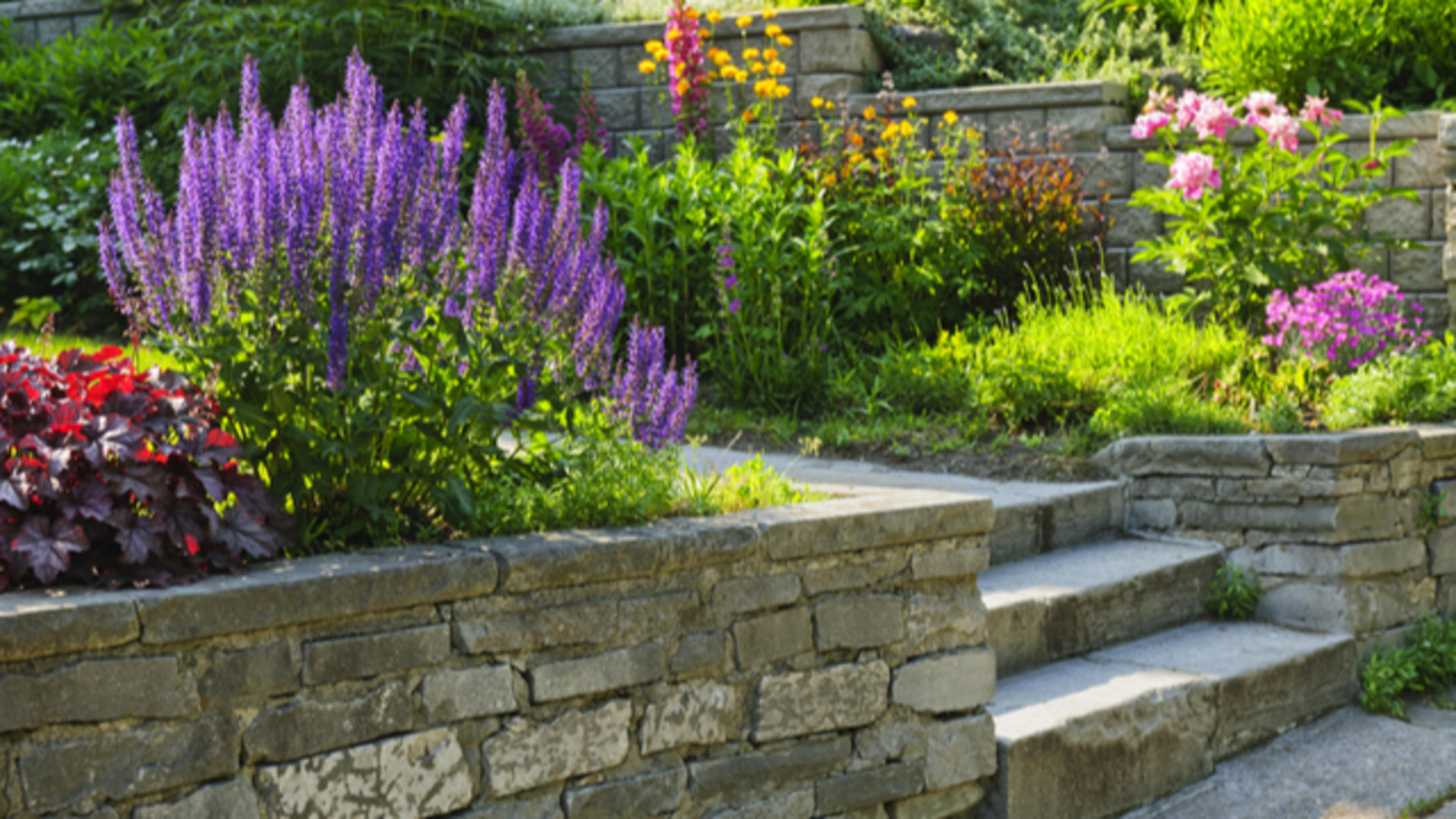
In addition to offering physical benefits, gardening can improve your mood. Science Daily reports, "Accessibility to everyday green and blue spaces encourages seniors to simply get out the door. This, in turn, motivates them to be active physically, spiritually, and socially, which can offset chronic illness, disability, and isolation." Time in the garden helps you in all aspects of life. Vitamin D from the sun is a mood-booster, and being out in nature can lower your blood pressure and give you a sense of peace.
You can also experience greater autonomy by planning and executing your garden, which can also improve your mood and general standard of living. Plus, you’ll be more likely to eat better with all the healthy foods you grow. The benefits to growing a garden are plentiful and easily outweigh any related risks, particularly when you plan ahead and set yourself up for success.
Creative Conclusions
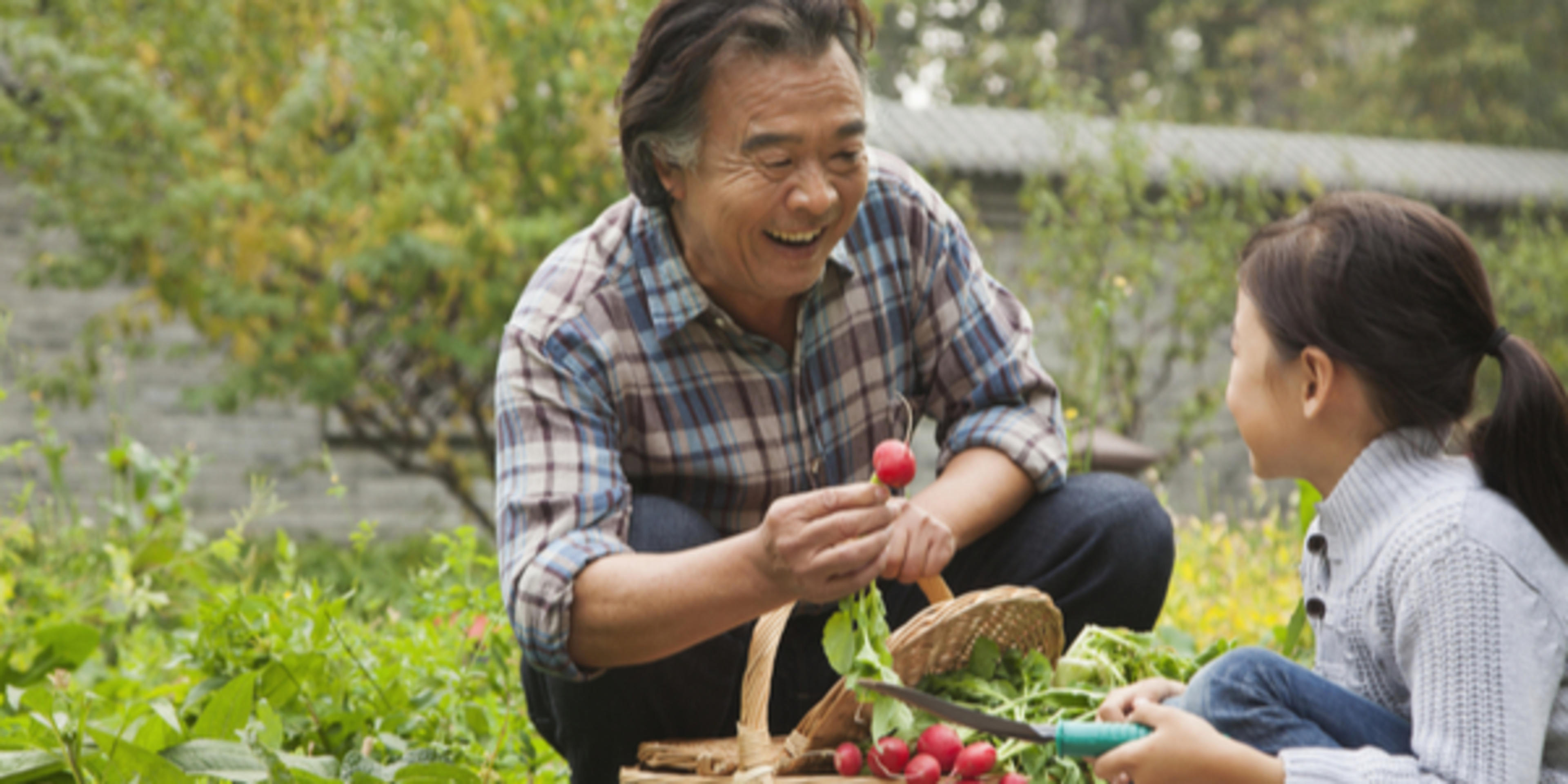
Some activities are bound to become more difficult over time, but with a little ingenuity and creative thinking, you will still be able to enjoy them. Gardening really is glorious, and with your hands in the dirt and your face in the sun, you can reap the benefits for your body, mind and soul. Whether you choose to raise your beds, plant lower maintenance plants, or employ the use of gardening gadgets or grandchildren to help you, there are many ways to combat the negative impacts of aging while allowing yourself to continue enjoying the benefits of gardening.
Expertise.com StaffAuthor
At Expertise.com, we're passionate about guiding people to find the best in life, whether they're researching how to start a small business, planning a home remodeling project, or discovering a new hobby.


